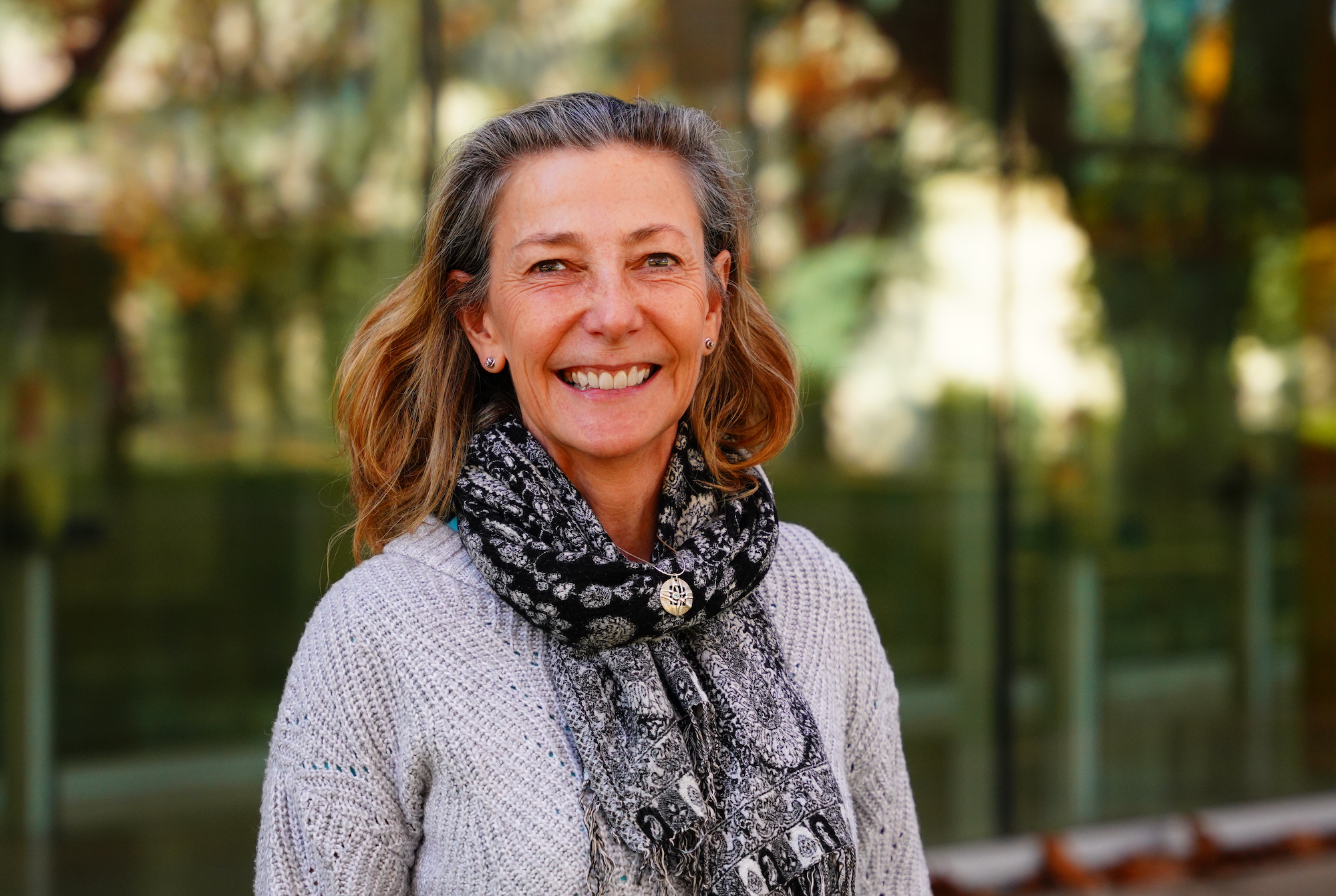UBC planetary scientist elected to U.S. National Academy of Sciences
May 4, 2023

May 4, 2023

UBC planetary scientist Dr. Catherine Johnson has been elected to the National Academy of Sciences.
Dr. Johnson is a geophysics professor with UBC’s Department of Earth, Ocean and Atmospheric Sciences, where she uses observatory and satellite data to probe the interior structure and history of terrestrial planets, moons and small bodies in our solar system. She has been a co-investigator on several NASA planetary missions.
Dr. Johnson is among 120 new members and 23 international members elected this week, and she joins five other UBC Science researchers as a member of the Academy.
Members are elected to the NAS in recognition of their distinguished and continuing achievements in original research. Membership is a widely accepted mark of excellence in science and is considered one of the highest honors that a scientist can receive.
Recent work by Dr. Johnson has delved into the geological characteristics of Mars and Earth’s moon. The research indicates Mars had a global magnetic field much earlier—and much later—in the planet's history than scientists have previously known. Her work with researchers at the Smithsonian using Apollo mission seismic data shows that some shallow moonquakes can be linked to young faults—evidence that the moon, like Earth, is tectonically active.
The American Academy of Arts and Sciences and the Royal Astronomical Society have recognized Dr. Johnson’s research. She received her Bachelor of Science from the University of Edinburgh in 1989, and her Doctor of Philosophy from Scripps Institution of Oceanography in 1994.
The National Academy of Sciences is a private, non-profit institution that was established under a congressional charter signed by President Abraham Lincoln in 1863. It recognizes achievement in science by election to membership, and—with the National Academy of Engineering and the National Academy of Medicine—provides science, engineering, and health policy advice to the federal government and other organizations.
Those elected today bring the total number of active members to 2,565 and the total number of international members to 526. International members are nonvoting members of the Academy, with citizenship outside the United States.
We honour xwməθkwəy̓ əm (Musqueam) on whose ancestral, unceded territory UBC Vancouver is situated. UBC Science is committed to building meaningful relationships with Indigenous peoples so we can advance Reconciliation and ensure traditional ways of knowing enrich our teaching and research.
Learn more: Musqueam First Nation